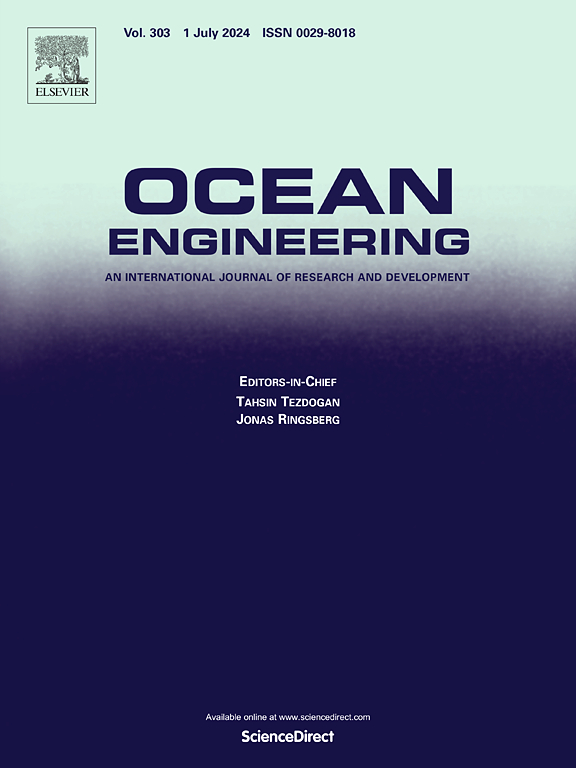基于模糊cream的贝叶斯网络的惰性气体作业人的可靠性分析
IF 4.6
2区 工程技术
Q1 ENGINEERING, CIVIL
引用次数: 0
摘要
人为失误仍然是海上事故的主要原因,特别是在惰性气体(IG)处理等安全关键操作中。本研究通过整合认知可靠性和错误分析方法(CREAM)、模糊集理论(FST)和贝叶斯网络(BNs),提出了一个评估IG操作中人的可靠性的结构化框架。提出的模型克服了传统的人类可靠性分析(HRA)的局限性,解决了性能形成因素中的不确定性和相互依赖性。使用模糊隶属函数对常见性能条件(cpc)的专家评估进行处理,并通过GeNIe构建的贝叶斯框架对概率关系进行建模。使用去模糊化控制模式分布计算特定任务的人为错误概率(HEPs)。研究结果显示,涉及人工干预和时间敏感决策的任务,如锅炉吸收阀操作(HEP: 0.00234)和IG工厂启动(HEP: 0.00153),具有最高的错误潜力。常规任务,如压力检查,HEP值较低(例如,0.00040)。用Basic-CREAM验证了模型的一致性。本研究的新颖之处在于将Fuzzy CREAM与贝叶斯推理相结合,建立了概率人的可靠性模型,这是一种在海上安全研究中尚未广泛应用的方法。这种混合方法增强了HEP估计,并支持IG作业中的风险知情决策。本文章由计算机程序翻译,如有差异,请以英文原文为准。
Human reliability analysis in inert gas operations with fuzzy CREAM-based Bayesian networks
Human error remains a leading cause of maritime accidents, especially in safety-critical operations like inert gas (IG) handling. This study presents a structured framework for assessing human reliability in IG operations by integrating the Cognitive Reliability and Error Analysis Method (CREAM), Fuzzy Set Theory (FST), and Bayesian Networks (BNs). The proposed model overcomes limitations of conventional Human Reliability Analysis (HRA) by addressing uncertainty and interdependencies in performance-shaping factors. Expert evaluations of Common Performance Conditions (CPCs) were processed using fuzzy membership functions, and probabilistic relationships were modeled via a Bayesian framework constructed in GeNIe. Task-specific Human Error Probabilities (HEPs) were calculated using defuzzified control mode distributions. The findings revealed that tasks involving manual intervention and time-sensitive decisions, such as boiler uptake valve operation (HEP: 0.00234) and IG plant startup (HEP: 0.00153), have the highest error potential. Routine tasks, like pressure checks, exhibit low HEP values (e.g., 0.00040). The model was validated against Basic-CREAM for consistency. The novelty of this study lies in the integration of Fuzzy CREAM with Bayesian inference to create a probabilistic human reliability model, an approach not widely applied in maritime safety research. This hybrid method enhances HEP estimation and supports risk-informed decision-making in IG operations.
求助全文
通过发布文献求助,成功后即可免费获取论文全文。
去求助
来源期刊

Ocean Engineering
工程技术-工程:大洋
CiteScore
7.30
自引率
34.00%
发文量
2379
审稿时长
8.1 months
期刊介绍:
Ocean Engineering provides a medium for the publication of original research and development work in the field of ocean engineering. Ocean Engineering seeks papers in the following topics.
 求助内容:
求助内容: 应助结果提醒方式:
应助结果提醒方式:


